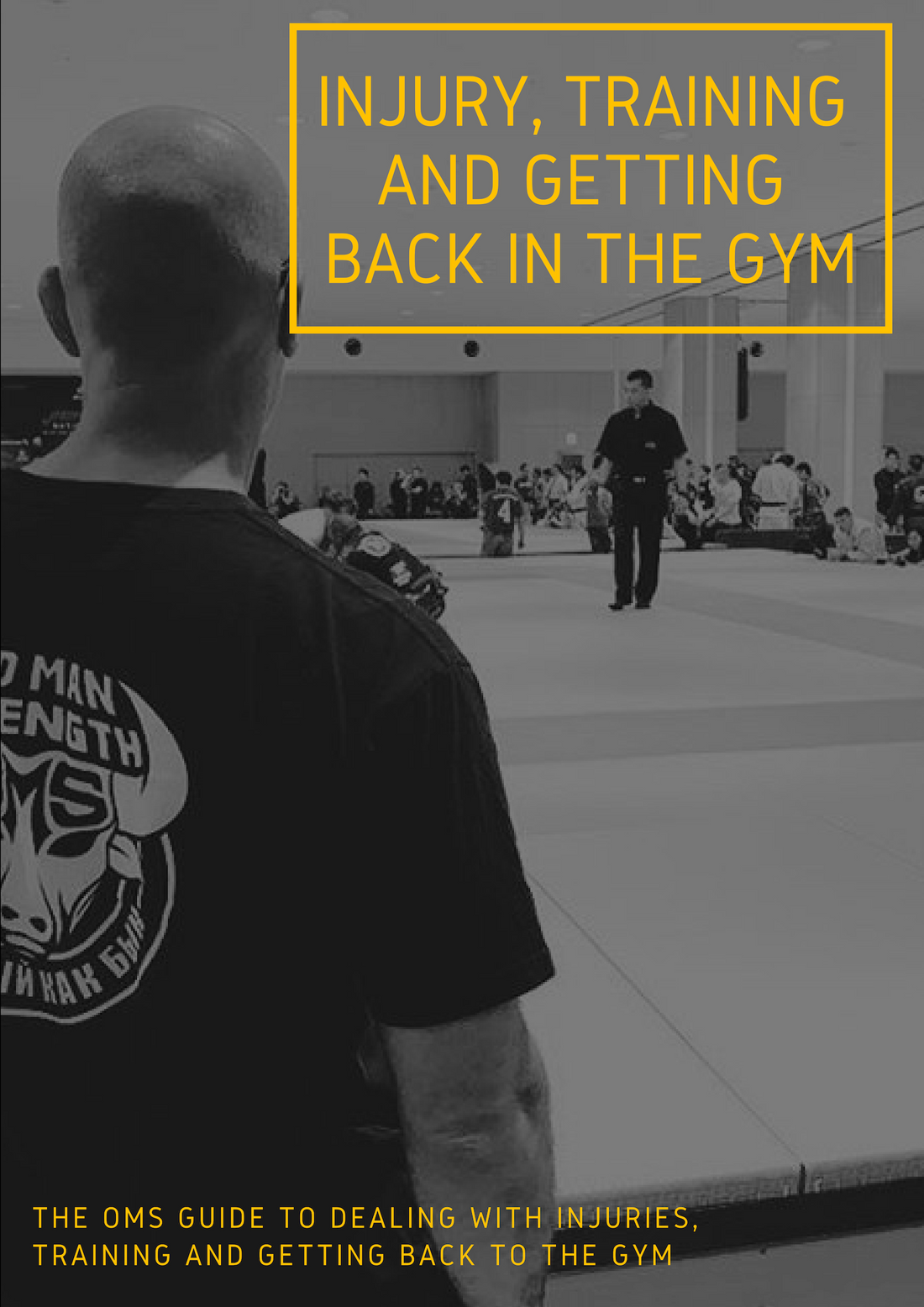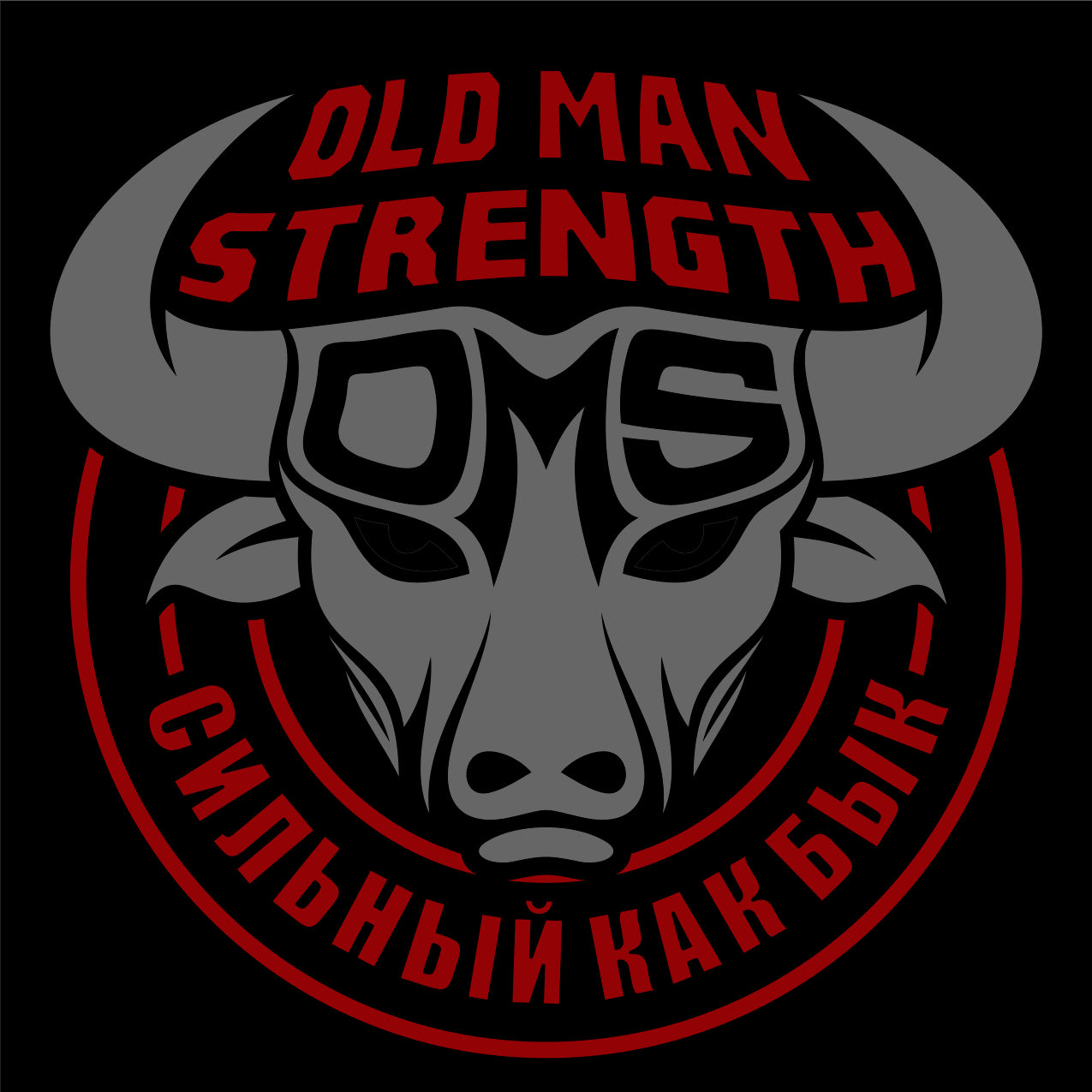
Injury, Training and Getting Back in the Gym
Getting old man strong requires an awareness that injury happens, and developing a mindset to deal with injury is as important as knowing how to train. Doctors report that that over the last ten years,the age of patients with ligament damage and rotator cuff tears from sports and lifting has changed from between 15 and 40 years of age, to between 15 and 80 years of age. We older guys suffer a higher incidence of knee problems (especially meniscus tears), rotator cuff injuries and tendonitis.
For older athletes injured in competition or in training, getting injured is tough. The recovery times are longer than when we were young, the physio painful and inconvenient in terms of schedules, the ability to work and earn an income gets affected, and you start to wonder whether all of this discomfort was really worth the enjoyment and satisfaction that sport provided.
Getting through a time of injury and rehab takes mindfulness and patience – both tough to achieve when you’re so annoyed at yourself and the world.
As we noted in our last blog, getting through injury and complexity takes an understanding of the principle of impermanence. We are born, we get older, we die, sometimes we gain weight, sometimes we lose weight, sometimes we are up and sometimes we are down. Feelings arise and they dissipate just as quickly. Skin cells live for a few weeks, red blood cells live for around four months, white blood cells live for around a year, and colon cells live only four days. Brain cells last an entire lifetime. Our bodies, by the way, are the last object that we should have any real faith in, because, in 100% of cases, they will let us down. Eventually they will fail and we will die.
As people, we take to rest a lot of our self-confidence in our view of ourselves as defined by words such as fathers, sons, husbands, protectors, warriors, fighters, or lifters. When events occur, such as a serious injury, our ability to live up to these words is affected.
We ask ourselves – am I really able to live up to my idea of myself? Am I a lifter any more since I can’t deadlift?
These questions are natural, but wrong. What makes you a lifter, or a fighter, has nothing to do with whether right now, this week, this month, this year, you can squat, shrimp, or throw a four punch combination. For those that will never heal, or simply can’t return to the sport they love, this doesn’t change what you are. Muhammad Ali was a fighter all of his life. He was defined by much more than the speed of his right cross.
For those that can heal, remember that your body is impermanent, for good and ill. Steven Bradbury won the Olympic gold after fracturing his C4 and C5 vertebrae and spending a month and a half in a halo brace. He was an Olympian for all of that time. Jack Newton was one of the worlds most successful golfers before walking into a propeller at the height of his professional career and losing an arm and one eye. He rehabbed and taught himself to play one-handed, swinging the club with his left hand in a right-handed stance. He typically plays 18 holes scoring in the ’80s.
So, if you’re sitting at home waiting for surgery, or in hospital post-op, or rehabbing, or maybe just nursing an old injury wondering if this is it, take a moment and have a think about two things. Firstly, you have time on your hands and these negative feelings will pass. Most injuries in sports are impermanent, as are you. Secondly, time away from training won’t make you anything other than what you were the day you got injured. You are following in the footsteps of a whole lot of people in history who saw their bodies as accompaniments to their fighting spirit. Represent; you are part of a community of strong old men who don’t quit and don’t give up.
So be smart, take the right amount of time to heal, start slow and keep your spirits high.
Old man strength is around the corner.


